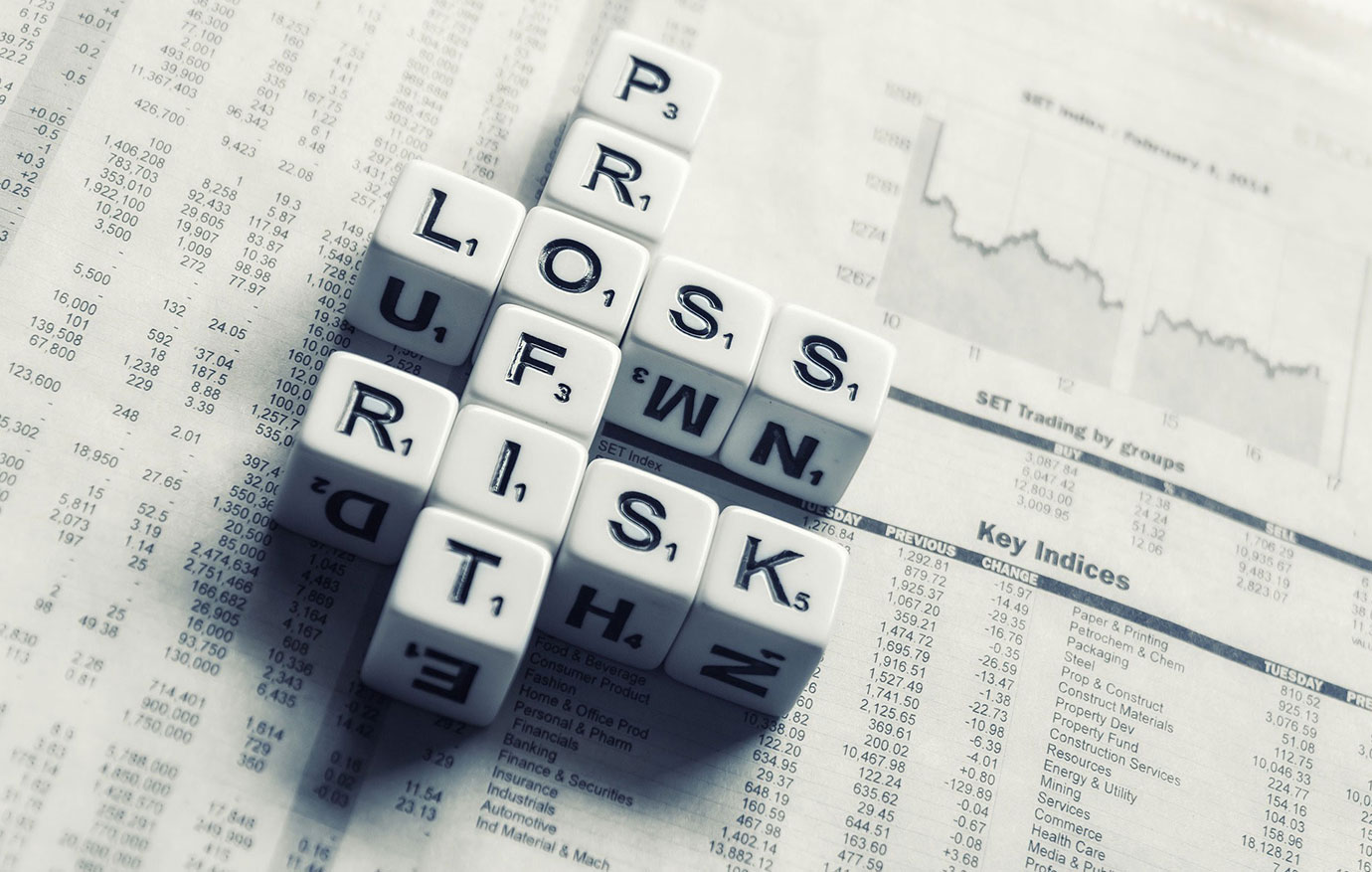The UK economy rebounded in May after shrinking in April and March, official figures show.
The economy grew by 0.5% during the month, the Office for National Statistics (ONS) said, higher than the flat growth most economists expected.
Every area of the economy expanded including construction, travel and manufacturing.
However, businesses reported that higher running costs had led to them to put up prices for customers.
And with household disposable incomes set to fall further in the autumn when energy prices are set to rise again, there is “still a real risk” that the economy could fall into a recession, said Paul Dales, chief UK economist at Capital Economics.
“That may mean the economy proves to be a poisoned chalice for whoever wins the race to be the next prime minister,” he added.
Conservative MPs will cast their first votes in the leadership contest on Wednesday, but whoever replaces Boris Johnson is faced with the dilemma of how to tackle the soaring cost of living.
Both businesses and households are being hit by rising prices, which are surging at their fastest rate for 40 years due to record-high fuel and energy costs.
UK inflation, the rate at which prices rise, hit 9.1% in May, and is expected to reach 11% later this year.
Andrew Bailey, the governor of the Bank of England, has vowed to bring inflation down to its target of 2%, “no ifs or buts”. It has raised rates five times since December and is expected to put them up again next month. He has indicted the Bank will “act forcefully” suggesting it could raise rates by more than 0.25%.
The rise in the cost of living has led to unions calling for pay rises to help workers cope. Several industries, such as the railways, have seen workers strike over pay.
But the government has warned against employers handing out big increases in salaries over fears of a 1970s-style “inflationary spiral”, where firms hike wages and then pass the cost on to customers via higher prices.
Economy rebounds
Darren Morgan, director of economic statistics at the ONS, said the UK economy had “rebounded” in May – with growth across the main sectors, including construction which saw a rise in housebuilding and office refurbishments.
“Health was the biggest driver with many more people seeing GPs, despite test and trace and the vaccination programmes winding down,” he added.
GDP, or gross domestic product, measures the activity of companies, the state and individuals in an economy.
Part of how GDP is calculated includes measuring the total value of the goods and services produced by all sectors of the economy – agriculture, manufacturing, energy, construction – but also health services and the government, In the health sector, we don’t pay for services through the NHS, so one gauge of how it is faring is the number of GP appointments which gives an indication of how that bit of the economy is doing.
Mr Morgan added that road haulage also had a “busy” May, while travel agencies saw a jump in demand as people booked summer holidays.
However, while the economy grew, many businesses reported that an increase in fuel and electricity costs had forced them to put up their prices for customers.
The UK’s statistics body also cited price increases for metals, some foods, including fish, and other staples.
Pub chain JD Wetherspoon warned on Wednesday that its annual losses will be bigger than expected after ramping up wages to attract staff and spending heavily on repairs and marketing.
‘Growth too slow’
Although sales were now matching those seen in 2019, before the pandemic struck, it said staff costs were far higher than pre-Covid, as firms across the sector had to hike wages to overcome staff shortages.
The new chancellor, Nadhim Zahawi – who is in the race to be the next Conservative Party leader and prime minister – said it was “great” to see the economy growing, but added that he knew people were concerned by rising prices.
“We’re working alongside the Bank of England to bear down on inflation and I am confident we can create a stronger economy for everyone across the UK,” Mr Zahawi said.
But Rachel Reeves, Labour’s shadow chancellor, said economic growth was “still far too slow”.
“Instead of presenting the plans we need for a stronger, more secure economy, the Tories are spending every waking minute indulging in unfunded fantasy economics,” she added.
